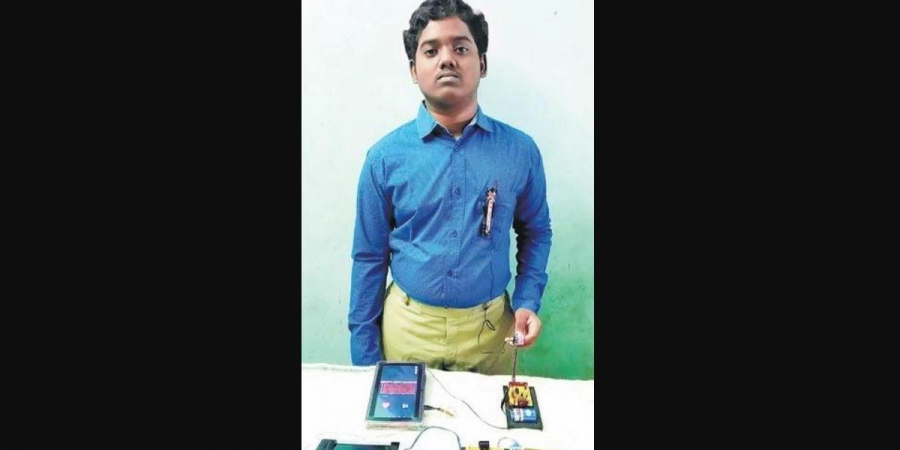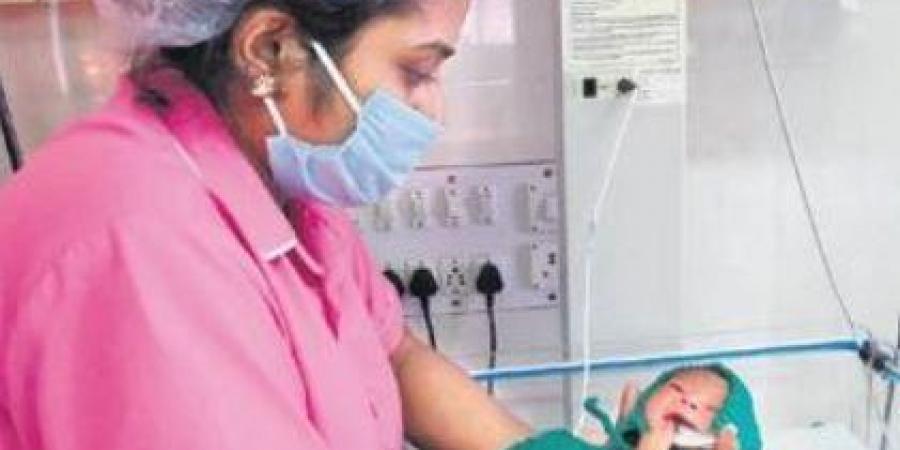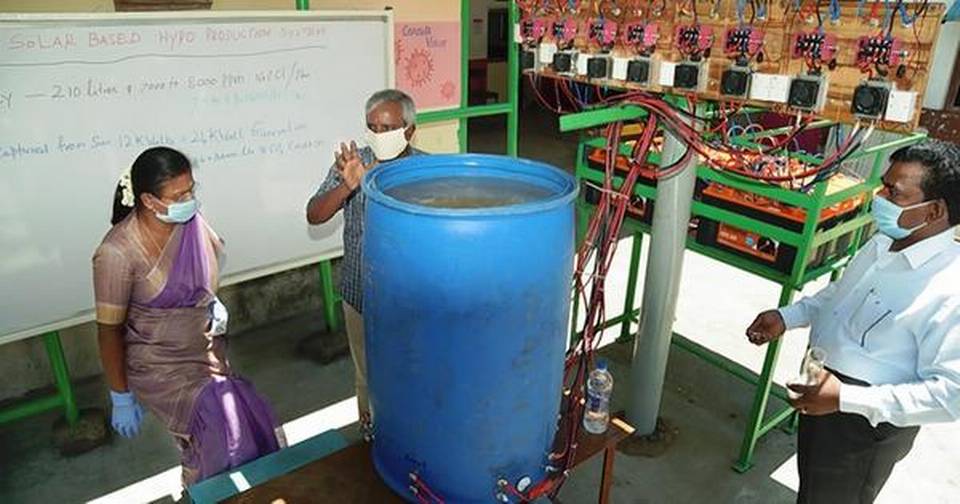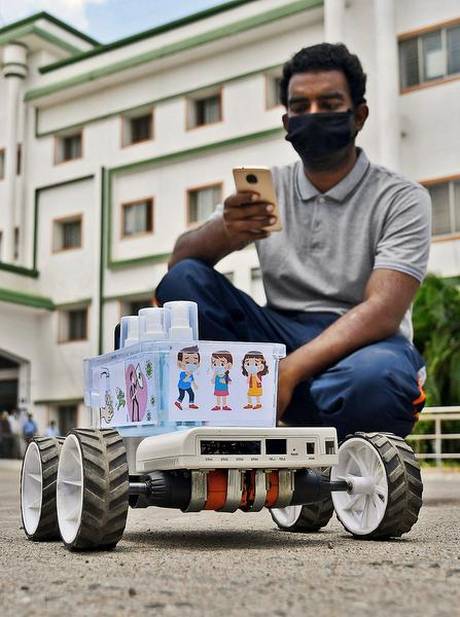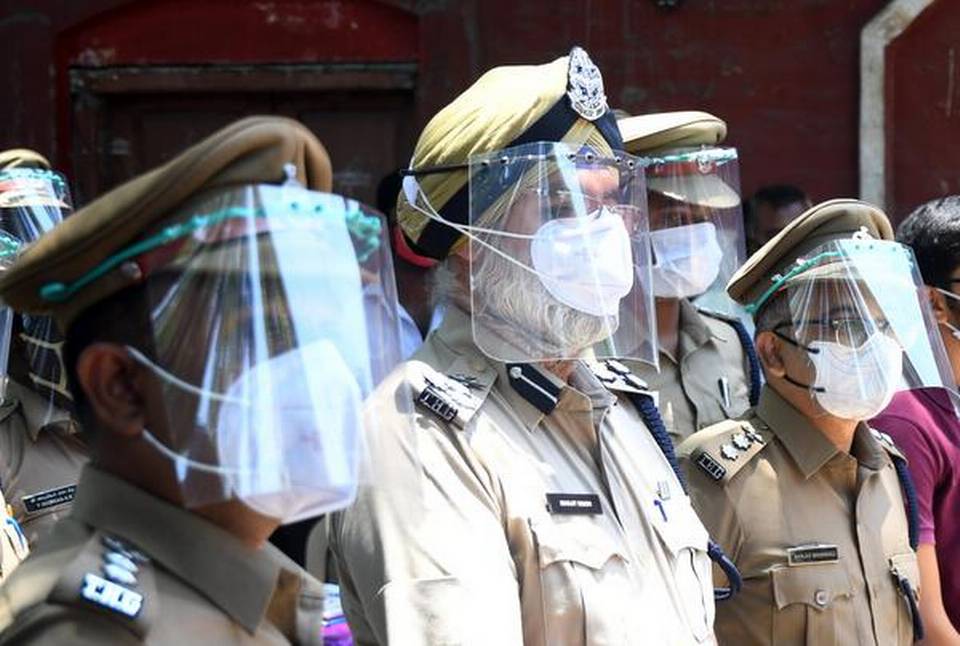The coated textiles can be primarily used to manufacture N95 masks, surgical masks, PPE and food packaging bags, among others, with inherent properties of inactivating the virus.
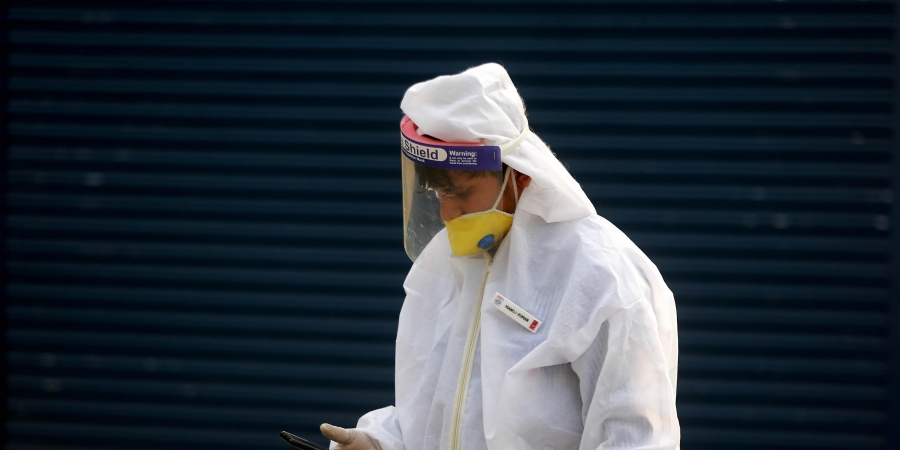
Chennai :
An Indian Institute of Technology (IIT) Madras-incubated startup Muse Wearables is developing novel and scalable methods for coating textiles with nanoparticles-based antimicrobial agents that can inactivate the human coronavirus on contact, the Institute said on Monday.
These coatings are expected to be effective up to 60 wash cycles, thereby making the textiles re-usable.
The coated textiles can be primarily used to manufacture N95 masks, surgical masks, Personal Protective Equipment (PPE) and food packaging bags, among others, with inherent properties of inactivating the virus.
According to the Institute, Muse Wearables’ current pilot machine can coat textiles of length up to 100 metres within a few minutes, thereby making it a viable commercial solution that can be deployed immediately.
Muse Wearables was incubated by IIT Madras Incubation Cell.
“They have quickly mobilised and repurposed their offerings in response to the situation and are striving to make a positive contribution to the nation’s anti-virus efforts,” Dr Tamaswati Ghosh, Chief Executive Officer, IIT Madras Incubation Cell, said in a statement.
Some highlights of these nano-particles coated textiles include, anti-microbial properties — it continuously captures and destroys viruses and other microbes upon contact. Other viruses are as small as 30 nanometres can also be inactivated permanently.
It does not leach while washing in water and is environment-friendly. At present, the particles can be coated on materials like cotton, polyester and cotton – polyester. More fabrics will be tested soon.
It is non-toxic and therefore can be safely used for making masks and other PPEs, the Insititute.
Currently, the startup is assembling the coating machine and will shortly commence coating various textiles with different nanoparticle solutions.
Their coated textiles are expected to be ready for testing by the first week of May 2020. The start-up is also partnering with a mask manufacturing company to launch five-layered Antiviral N95 Masks at an estimated price of Rs 300 per piece.
source: http://www.newindianexpress.com / The New Indian Express / Home> Cities> Chennai / by IANS / May 04th, 2020
